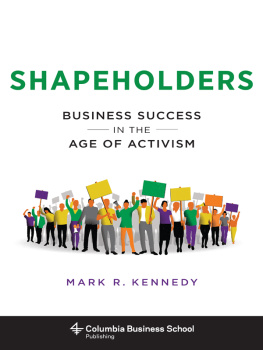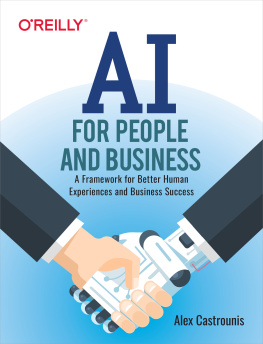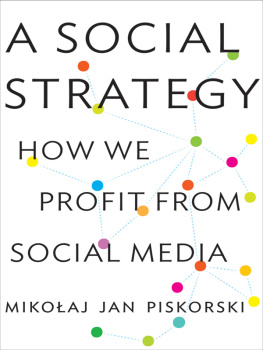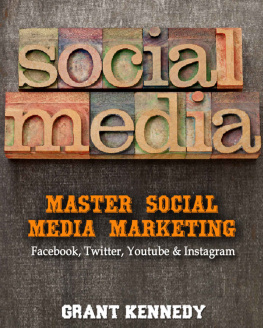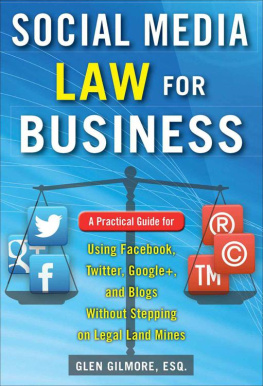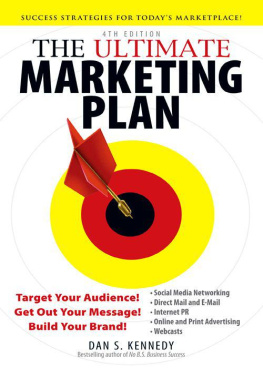Mark R. Kennedy - Shapeholders: Business Success in the Age of Activism
Here you can read online Mark R. Kennedy - Shapeholders: Business Success in the Age of Activism full text of the book (entire story) in english for free. Download pdf and epub, get meaning, cover and reviews about this ebook. year: 2017, publisher: Columbia University Press, genre: Politics. Description of the work, (preface) as well as reviews are available. Best literature library LitArk.com created for fans of good reading and offers a wide selection of genres:
Romance novel
Science fiction
Adventure
Detective
Science
History
Home and family
Prose
Art
Politics
Computer
Non-fiction
Religion
Business
Children
Humor
Choose a favorite category and find really read worthwhile books. Enjoy immersion in the world of imagination, feel the emotions of the characters or learn something new for yourself, make an fascinating discovery.
- Book:Shapeholders: Business Success in the Age of Activism
- Author:
- Publisher:Columbia University Press
- Genre:
- Year:2017
- Rating:4 / 5
- Favourites:Add to favourites
- Your mark:
Shapeholders: Business Success in the Age of Activism: summary, description and annotation
We offer to read an annotation, description, summary or preface (depends on what the author of the book "Shapeholders: Business Success in the Age of Activism" wrote himself). If you haven't found the necessary information about the book — write in the comments, we will try to find it.
Today, all it takes is one organizational misstep to sink a companys reputation. Social media can be a strict ethical enforcer, with the power to convince thousands to boycott products and services. Executives are stuck on appeasing stakeholdersshareholders, employees, and consumersbut they ignore shapeholders, regulators, the media, and social and political activists who have no stake in a company but will work hard to curb what they see as bad business practices. And they do so at their own peril.
In Shapeholders: Business Success in the Age of Activism, former congressman, Fortune 500 executive, and university president Mark Kennedy argues that shapeholders, as much as stakeholders, have significant power to determine a companys risks and opportunities, if not its survival. Many international, multi-billion-dollar corporations fail to anticipate activism, and they flounder on first contact. Kennedy zeroes in on the different languages that shapeholders and companies speak and their contrasting metrics for what constitutes acceptable business practice. Executives, he argues, must be visionaries who find profitableand probablecollaborations to diffuse political tensions. Kennedys decision matrix helps corporations align their business practices with shapeholder interests, anticipate their demands, and assess changing moral standards so that together they can plan a profitable route forward.
Mark R. Kennedy: author's other books
Who wrote Shapeholders: Business Success in the Age of Activism? Find out the surname, the name of the author of the book and a list of all author's works by series.

